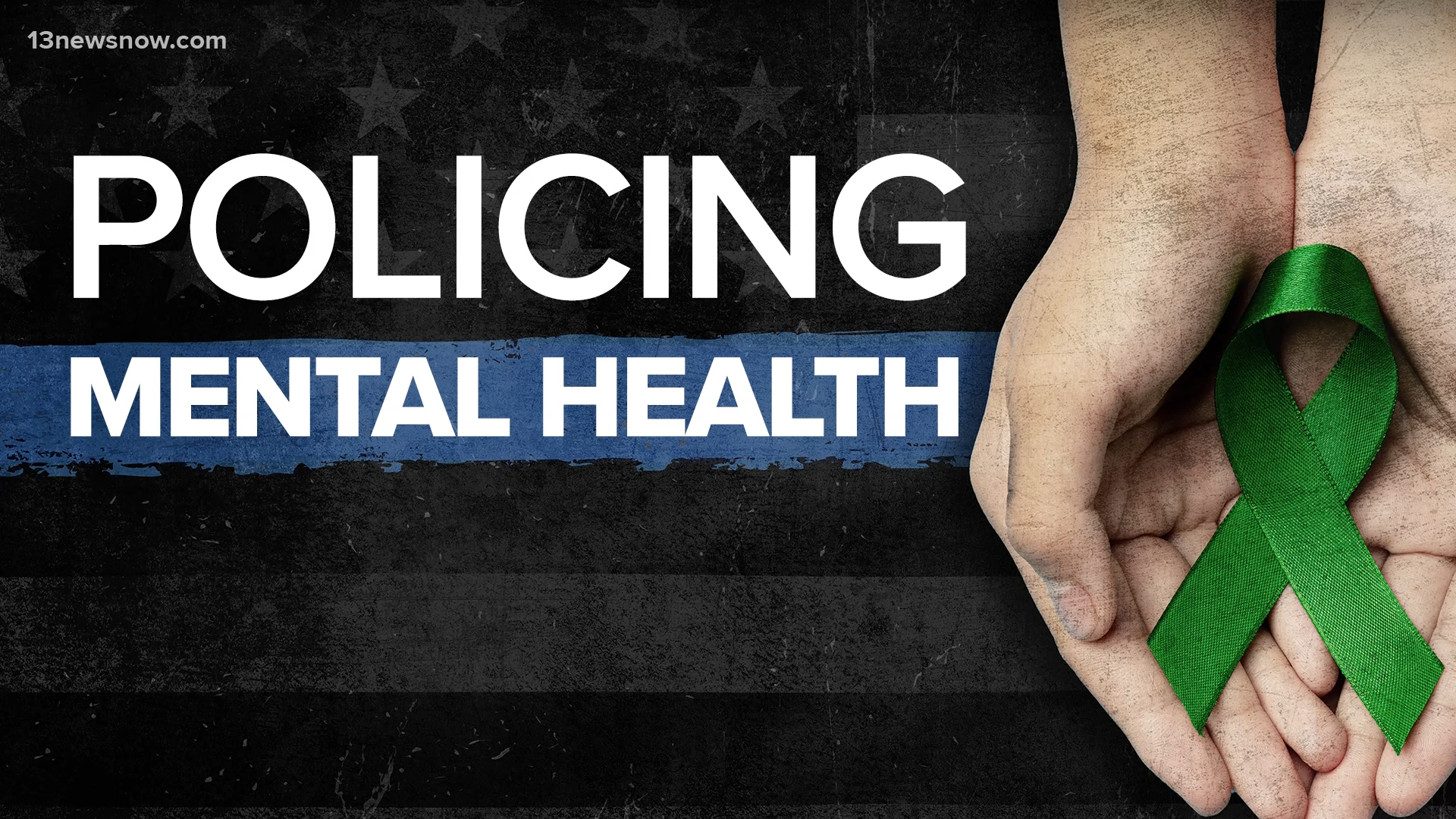RICHMOND(AP) -- Officials in nearly a dozen states are grappling with whether to outlaw Internet sweepstakes cafes or to regulate them and cash in on the profits.
Virginia lawmakers voted last month to ban the gaming parlors and Gov. Bob McDonnell is expected to sign the legislation this week. North Carolina partially banned the games last year.
Supporters liken the games to sweepstakes offered by McDonald's and other companies in which someone who buys a hamburger could win money. Players buy something of value -- often Internet time -- and receive points that are wagered, accumulated and cashed in for money.
Opponents say the games are designed specifically to skirt state gambling laws, and because they are unregulated the operators can fix odds heavily in their favor.
'If Virginia's not getting anything out of it, they don't want it here,' said Kenneth Godfrey, 61, as he leans on his cane during a smoke break outside of Lucky's Internet Sweepstakes Cafe on a recent sunny afternoon.
It is unknown how many of the shops are operating, but websites advertise them in nearly a dozen states. They started popping up in Virginia after they were partially banned last year in North Carolina.
'What is more thrilling than to win cash prizes? Making an abundance of money from those who believe they can win against the odds,' reads the Internet Sweepstakes Network's website. The network is an alliance of cafe owners and industry supporters that bills itself as the world's largest Internet sweepstakes provider.
The network helps business owners establish sweepstakes cafes, promising a quick return on investment -- usually within three to six months.
Network officials refused to be interviewed, but spokesman Casey Rooks defended the industry saying sweepstakes have been used as a marketing tool for decades and the Internet simply provides new ways of playing.
'It's a fairly simple stance on legality, it's either legal or its not,' Rooks said in an Internet statement. 'If any state passes a law deeming promotional sweepstakes illegal, then the industry has no other choice than to terminate operation within that jurisdiction.'
The problem prosecutors are running into is that laws in many states don't explicitly ban the games.
Authorities have raided businesses in Alabama, Texas, Massachusetts, Utah, Florida, Ohio, Georgia and Virginia, but some found the businesses couldn't be easily prosecuted. Dozens of localities nationwide have banned the businesses, but many are looking to state legislatures for clarity.
In Virginia, the General Assembly banned the games during the 2011 session after Attorney General Ken Cuccinelli issued two conflicting decisions on the games last year. Lawmakers thought they had fixed the problem last year, but the Internet sweepstakes cafes took advantage of an exception intended to protect fast food sweepstakes and other company promotions.
Earlier this month, Ohio Attorney General Mike DeWine called for the businesses in his state to be regulated.
A North Carolina law banning the centers went into effect last December, but some operators changed their games to comply with a judge's ruling that declared a portion of the ban unconstitutional. The case is being appealed.
North Carolina Gov. Bev Perdue has since floated the idea of regulating the industry in order to help plug an expected $2.4 billion budget shortfall for the coming fiscal year, but she did not include it in the proposed budget she delivered to legislators in February.
'The governor does not want this industry in the state, and the Legislature has tried to ban them. But every time, the operators find a way around the law,' Purdue spokesman Mark Johnson said. 'And so the governor has raised the question if we can't get rid of them, should we regulate them and collect some revenue for the people of the state.'
Spotsylvania County Commonwealth's Attorney William F. Neely said it's hard to regulate the industry because 'they're constantly changing the games.'
Neely was sued after he prosecuted the owner of a Virginia tobacco store that offered the games. A judge agreed with Neely, and the company appealed to the Virginia Supreme Court. The court declined to consider the case because of a technicality.
The lawsuit revealed that the store had collected $1.5 million from the games in a matter of months, and that one witness said she lost $20,000 gambling in less than a year, said Neely, who hopes the new law will chase the businesses out of Virginia.
Bryan Coleman, co-owner of Church Hill Internet Cafe in Richmond, said the industry likely will file a lawsuit to challenge Virginia's new law, which will go into effect July 1 if signed by the governor.
'This is not the voice of the constituents speaking. This is a small group of legislators choosing to enforce their will on the people,' Coleman said. 'They say they are protecting the low-income population, however they can buy all the lottery tickets they wish.'
For Godfrey and a crowd of others outside Lucky's, the games are a way for them to relax and have a chance to win big.
If the games close, several said they would protest. For Godfrey, 'I'll just go back to the horse races.'
(Copyright 2011 by The Associated Press. All Rights Reserved.)


